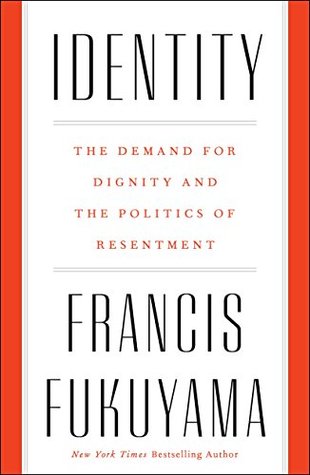These broader social and economic changes meant that individuals suddenly had more choice and opportunity in their lives. In the old society, their limited social choices determined who they were on the inside; with new horizons opening up, the question “Who am I?” suddenly became more relevant, as did perceptions of a vast gulf that existed between the inner person and external reality.
Who am I? Haha :) End of chapter 3, Inside and Outside. What a chapter! Francis traces us back from Plato's outside Republic society, to Augustine inner self, to Luther's priority of the inner relation to God over the outer relation to the church society, to Rousseau's natural inner self over the social contract as the human environment progressed from isolated hunter gatherers to agrarian societys fixed to small single minded rules to commercial societies with diverse open infinity possibilities to the inner self identity his or her identity.


